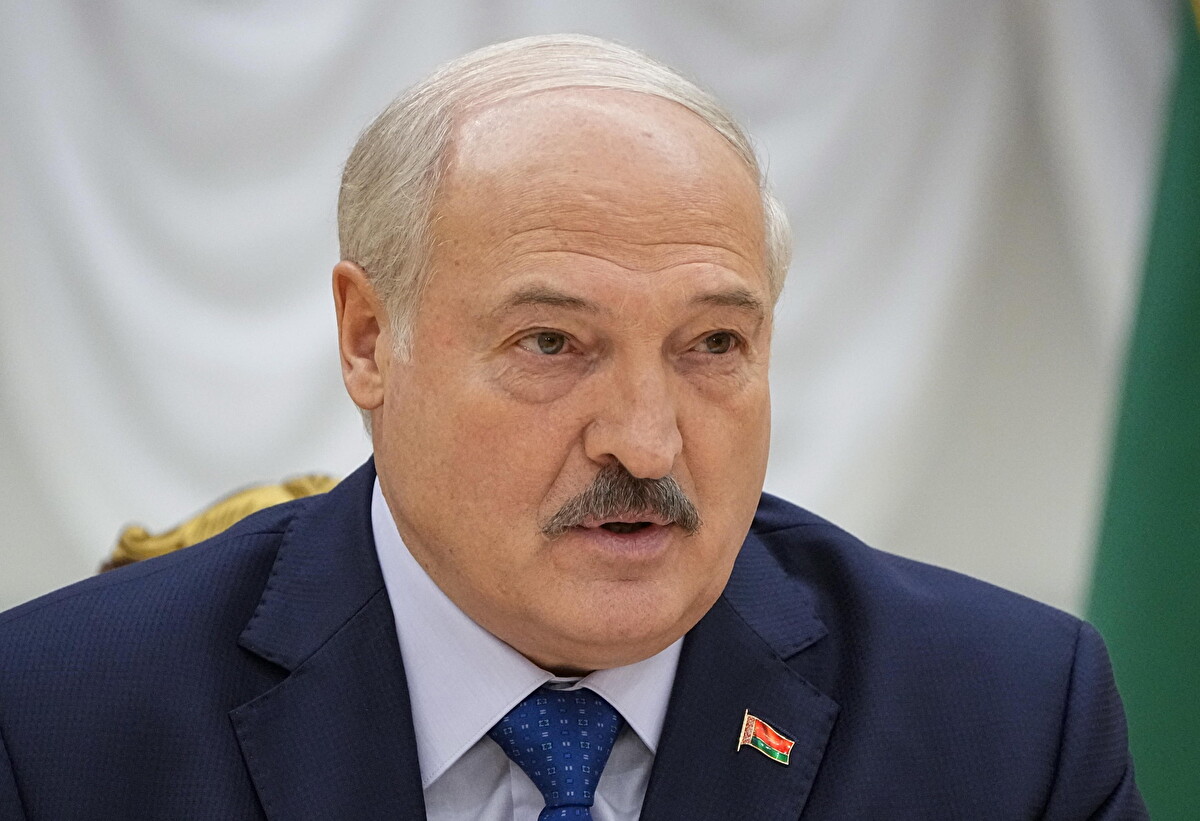The war in Gaza is still raging and real estate tycoon Jared Kushner is already figuratively picking over the devastation looking for profit.
Kushner, the former White House adviser to his father-in-law, President Donald Trump, has praised the “very valuable” potential of Gaza’s “waterfront property” and suggested that Israel should remove civilians while it “cleans up” the strip.
He has failed to notice that Netanyahu’s military has already reduced it to rubble and that the residents of Gaza have been progressively pushed further and further from their homes—which indeed, no longer exist.
In short, it seems that Kushner is eyeing the area where more than 31,000 Palestinians have been killed by the Israeli Defense Forces since the start of the war with Hamas, as a prospective real estate development.
None of this callousness should surprise us. Kushner’s dirty real estate practices were already exposed in the 2021 Netflix docuseries, “Dirty Money,” where executive producer Alex Gibney revealed the many corrupt practices that define Kushner as a landlord and property manager.
Before serving as chief adviser to his father-in-law, Kushner was the head of Kushner Companies, the massive real estate company bequeathed to him by his father, Charles Kushner. The third episode in “Dirty Money” Season 2 is titled “Slumlord Millionaire.” In it, one interview subject refers to Kushner as “tier one predator,” as the rest of the episode attempts to dissect exactly how Kushner may have used his position in the U.S. government to secure business deals for his private company, and the kinds of brutal abuses against helpless victims that have been a part of his business practices. According to an investigator who contributed to the documentary, Kushner “made life for his tenants a living hell.”
One of the many portfolios that Kushner claimed for himself while in the White House was as senior foreign policy adviser. He was tasked with preparing a peace plan for the Middle East and there was much boasting by Trump about Kushner’s gifts as a diplomat who was finally going to solve the Middle East crisis. Critics of the plan, which involved Israel striking normalization deals with Gulf states, noted that it bypassed any questions about the future for Palestinians. Apparently, they were not on his mind.
Of course, Kushner had no experience whatsoever as a diplomat, and taking such a biased approach to the Middle East conflict was never going to solve it, as the subsequent tragic events have amply demonstrated. But his approach did illustrate the mindset that informed any future plans for the region.
These have now been made clearer in his interview. “Gaza’s waterfront property could be very valuable … if people would focus on building up livelihoods,” Kushner told his interviewer, the faculty chair of the Middle East Initiative, Prof Tarek Masoud.

Kushner, his eye always on the profit, also lamented “all the money” that had gone into the territory’s tunnel network and munitions instead of education and innovation. But what is probably the most shocking revelation—all the more so because it was inadvertent—is Kushner’s definition of the situation in Gaza as a “little bit of an unfortunate situation.” About 1.7 million people – more than 80% of Gaza’s population – have been displaced, with nearly half crammed in the far southern end of the strip, according to the United Nations.
Not content with having squeezed them into an unsustainably small space, Netanyahu has been threatening to push them further south and to attack Rafah, the last refuge of more than one million people. He is refusing to back down despite President Biden’s admonitions and pleas.
This is what Kushner describes as “a little bit of an unfortunate situation.”
He went on to state that, “from Israel’s perspective I would do my best to move the people out and then clean it up.”
Unfortunately for the Palestinians, Israel has “already moved the people” out and Israel’s relentless bombardment has already “cleaned it up,” prepping it for development.
A satellite analysis done in January suggested that between 144,000 and 175,000 buildings across the whole Gaza Strip have been damaged or destroyed. That’s between 50% and 61% of Gaza’s buildings.
As The New York Times reports, “After following evacuation orders, civilians have often found themselves at new locations either engulfed in fighting, subject to airstrikes or without adequate food, water, shelter, sanitation and other essentials.”
Kushner’s diplomatic genius gave birth to this “solution”: “I would just bulldoze something in the Negev, I would try to move people in there,” he said. “I think that’s a better option, so you can go in and finish the job.”
No doubt after having finished the job of “cleaning up the area” he could then swoop in and develop the valuable waterfront properties, while the newly moved Gazans try to make a new life in the Negev desert without any resources.
Perhaps Kushner is already negotiating for the waterfront developments that he may be dreaming of. To Kushner the world is all about “real estate.”
Naturally, after having received brutal criticism for his shocking remarks about the situation in Gaza and how he would propose to resolve it, Kushner claims that his critics have taken his comments “out of context.”












